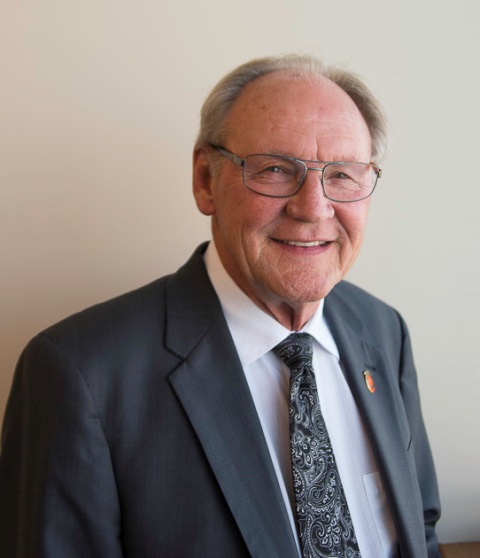On Tuesday, August 21, the Federal Motor Carrier Safety Administration (FMCSA) invited public comment on an upcoming Advance Notice of Proposed Rulemaking (ANPRM) addressing possible revisions to four specific areas of the agency’s current hours-of-service (HOS) regulations.
The FMCSA encouraged all stakeholders, particularly rank-and-file members of the trucking industry, to use the 30-day public comment period to make their thoughts and opinions part of the record and the process as the agency considers revisions in four areas of HOS:
- Expanding the current 100 air-mile “short-haul” exemption from 12 hours on-duty to 14 hours on-duty to put them on a par with long-haul truck drivers
- Extending the current 14-hour on-duty limitation by up to two hours when a truck driver encounters “adverse driving conditions”
- Revising the current mandatory 30-minute break for truck drivers after 8 hours of continuous driving, and
- Reinstating some form of split sleeper-berth option, giving drivers more flexibility in how and when they use their 10-hour off-duty rest break.
While FMCSA can expect a solid month of input on its website and at a series of public listening sessions, three of the country’s leading trucking organizations were immediate in their reaction, wholeheartedly applauding the FMCSA both for making this effort to address these HOS issues and for the agency’s effort to get wide input from the trucking industry.
“ATA is pleased to see that [Department of Transportation] Secretary [Elaine] Chao and [FMCSA] Administrator [Raymond] Martinez recognize the need for sensible, data-driven hours-of-service reform,” said American Trucking Associations President and CEO Chris Spear.
“While today’s notice is just the first step, ATA stands ready to work with drivers and motor carriers to provide FMCSA and DOT with the information they need to make needed, commonsense improvements to the hours-of-service rules in order to improve the safety of our highways and the efficiency of our industry.”
Meanwhile, the Truckload Carriers Association also commended Chao, Martinez and the entire FMCSA staff “for their dedicated work to improve regulations and remove unnecessary burdens hindering the free flow of commerce in this country.”
As Spear mentioned in his statement and Martinez mentioned in his comments during a teleconference formally announcing the ANPRM, the TCA statement emphasized that this effort to reform HOS rules has been and will continue to be driven by hard data. Much of that, the TCA statement said, is because of the recently enacted electronic logging device mandate.
“Because of ELDs and the information they’ve collected, FMCSA will be able to enact data-driven policy reflecting flexibility to address the true problems faced by trucking,” the statement read. Both the TCA and ATA declared they will continue to work with their members to provide the FMCSA with the data they need to move forward with the proposed HOS revisions.
While the Owner-Operators Independent Drivers Association (OOIDA) doesn’t share the TCA and ATA’s enthusiasm for ELDs, they did join in applauding the FMCSA in this drive toward HOS reform. From OOIDA’s standpoint, much of the credit for the ANPRM and its future success has and will continue to depend on the voices of truckers speaking up.
In a press release, OOIDA referred to legislative proposals by Rep. Brian Babin (R-Texas) and petitions by OOIDA and TruckerNation.org that all called for changes allowing greater flexibility to rest-break rules within HOS as being among the catalysts leading to the ANPRM.
FMCSA, in its announcement of the ANPRM, stated that in addition to the four items, it also wanted feedback on the OOIDA and TruckerNation petitions.
In the OOIDA press release, OOIDA President Todd Spencer encouraged drivers to take this opportunity to make their voices heard.
“The hours-of-service regulations for commercial truck drivers need to be updated to match the realities of freight movement and to truly improve highway safety,” Spencer said.
“The agency is finally listening and now the door is open for truckers to make their voices heard and to spur real, common-sense changes to the hours-of-service regulations. This rulemaking needs robust participation from real truckers so that the next incarnation of the hours-of-service regulations is not written by corporate trucking executives and anti-trucking groups that have no understanding of the realities of over-the-road trucking.”
The Trucker News Staff produces engaging content for not only TheTrucker.com, but also The Trucker Newspaper, which has been serving the trucking industry for more than 30 years. With a focus on drivers, the Trucker News Staff aims to provide relevant, objective content pertaining to the trucking segment of the transportation industry. The Trucker News Staff is based in Little Rock, Arkansas.








